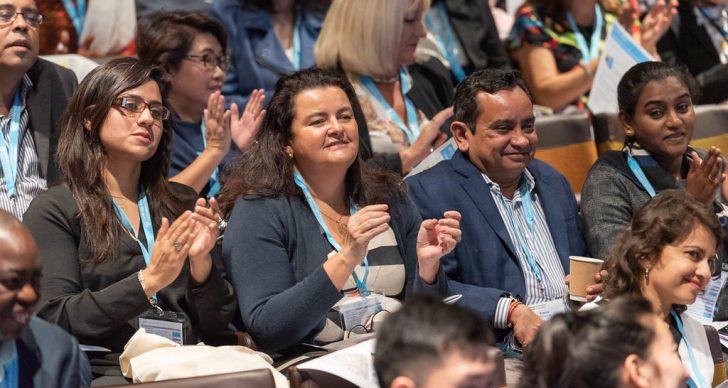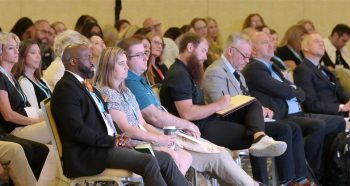Rubina Zahir, Head of Professional Development, Lahore Grammar School (LGS) Pakistan
LGS was established in 1979 by a group of professional women who wanted to set up a girls’ school based on a philosophy of collaborative learning, critical thinking skills, diversity and community service. Today, LGS educates both boys and girls from primary to A Level, and has nine branches across Pakistan.
The UK Cambridge Schools Conference, held in September at The Perse School in Cambridge, was a very enlightening experience for me and my colleagues from LGS Pakistan. I always find that Cambridge School conferences provide a good platform for people from all over the world to come together and share their experiences and good practice, which in itself is a profound learning experience. Moreover, we get to hear from experts about their research and practice first hand.
The theme for this year’s Conference – ‘Evaluating Impact: How effective is our school and classroom practice?’ – was very well addressed by all the keynote speakers and was extensively covered in the discussions and activities held during the breakout sessions by a host of international experts in education.
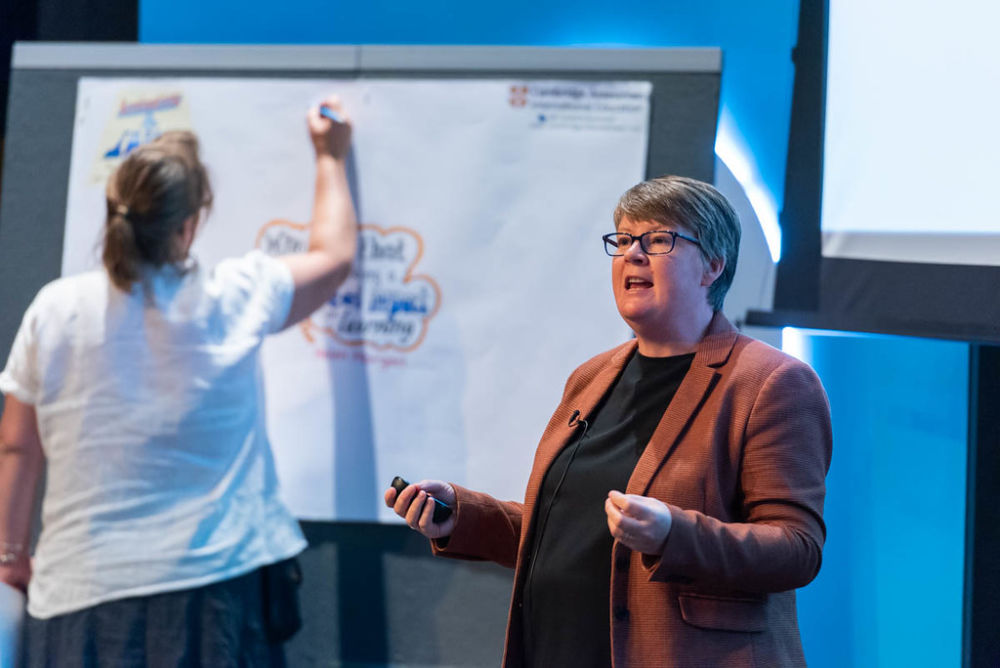
When we talk or even think about school improvement we must first find out where we are at. To do this, we have to rely upon the results of research into evidence-based learning and how to effectively use current methods and techniques for a realistic evaluation of classroom practices.
Tristian Stobie, Cambridge Director of Education, was spot on with his insights into gathering and evaluating data for school improvement. I totally agree with the view that in order to initiate a school improvement plan, one needs to have a clear view of the starting position so that added value can be readily perceived. Data collection can be done a bit at a time and once a good database is established, it requires minimal time and effort to keep it updated as this becomes a normal process in the everyday operation of the school. In short, the tools and methods for effective and meaningful evaluation of classroom practices have to be an integral part of our school systems and not just a one-off yearly audit of teaching practices.
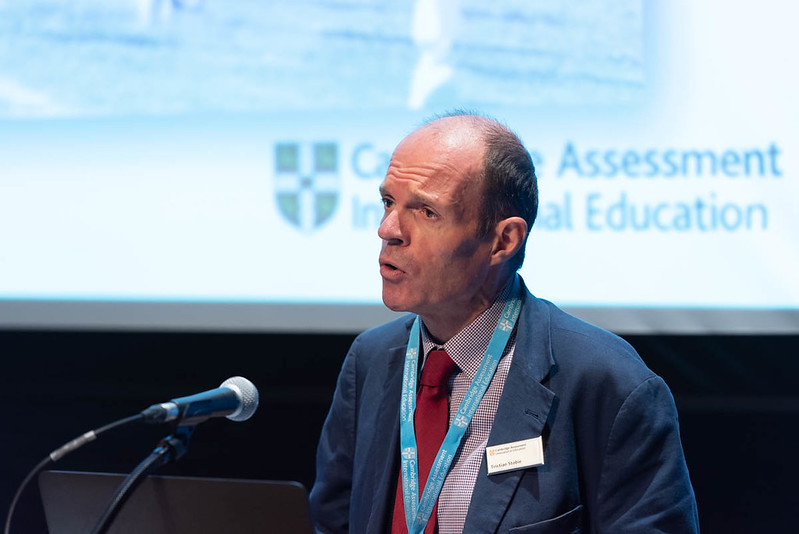
Rob Coe, Director of Research and Evaluation at Evidence Based Education, while sharing insights from his research into evaluation methodologies and the use and effect of feedback, very rightly pointed out how it is important ‘to evaluate constantly so we can design improvement’. Every evaluation should be a reflection not only of students’ learning but also of teachers’ teaching, he suggested, so if we want improvement in learning outcomes then we need to regularly analyse and improve upon our teaching practices as well. Any learning is only as effective as its teaching, he says, and so the focus of school improvement should be on developing and improving our teaching practices through structured and well-designed professional development programmes. An effective school should provide support, guidance and training to its teachers to enhance their efficacy and hone their skills to become better classroom practitioners.
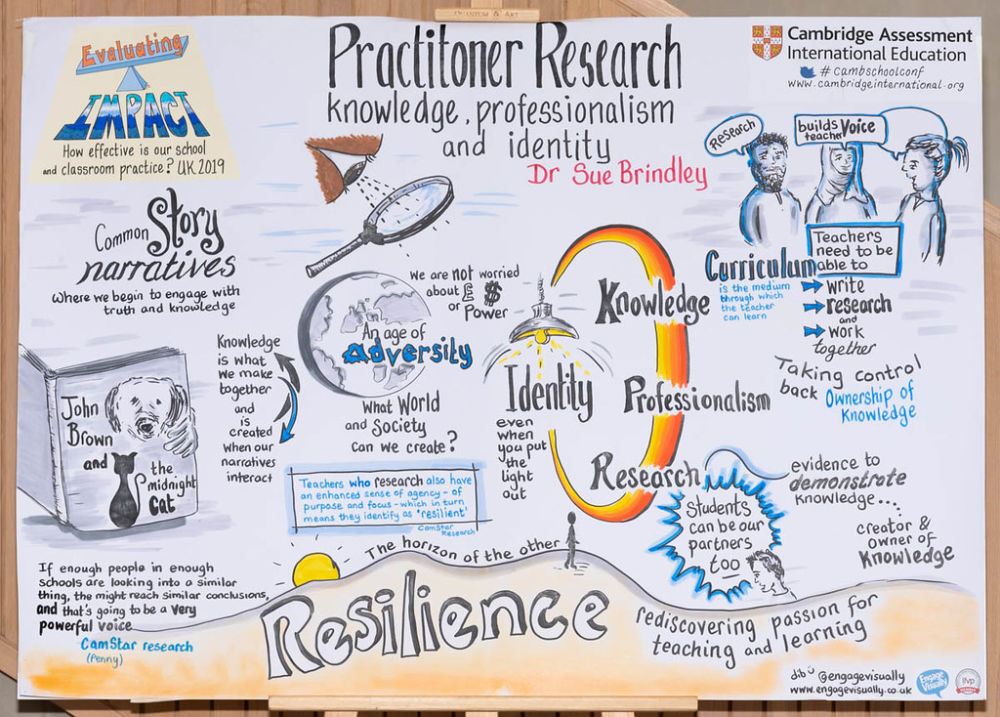
Cambridge School Leader and Teacher Standards were discussed at length in one of the breakout sessions hosted by Sarah Turner, Education Manager – Cambridge Professional Development Qualifications. The Standards provide an excellent framework and set benchmarks to help steer school improvement in the right direction. I certainly believe that if we can understand what is meant by a powerful impact on learning it will definitely bring about a paradigm shift in our thinking and process of evaluating our classroom practices.
What will I take back to LGS from this conference? To focus more on developing management systems for effective qualitative and quantitative data collection, and to train myself and my staff to evaluate this data so that it feeds into our existing classroom practices and makes a real difference for our learners.


